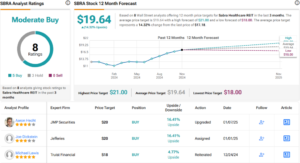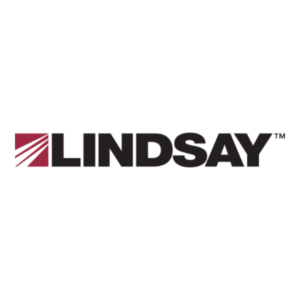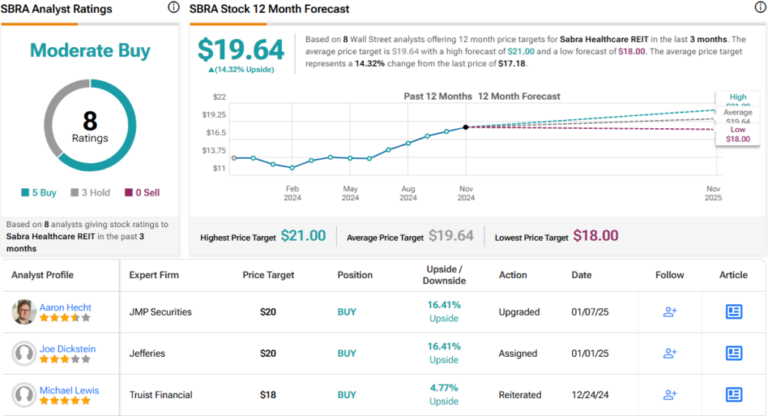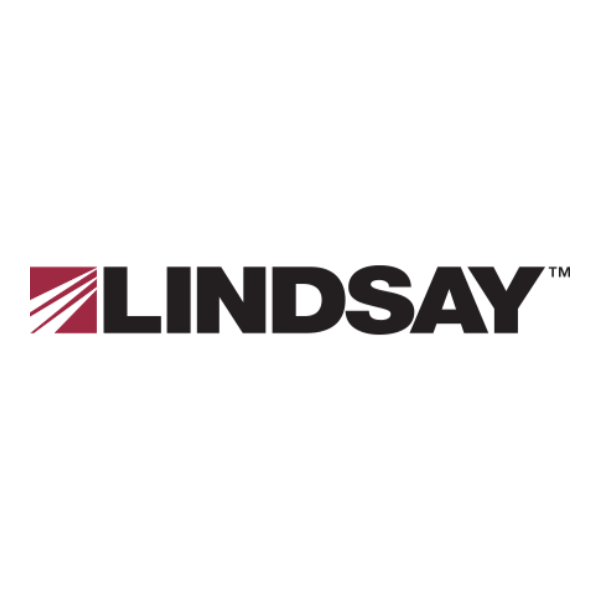The board of Preferred Bank (NASDAQ:PFBC) has announced that it will be increasing its dividend by 7.1% on the 23rd of January to $0.75, up from last year’s comparable payment of $0.70. This makes the dividend yield about the same as the industry average at 3.2%.
View our latest analysis for Preferred Bank
While it is always good to see a solid dividend yield, we should also consider whether the payment is feasible.
Preferred Bank has a long history of paying out dividends, with its current track record at a minimum of 10 years. Based on Preferred Bank’s last earnings report, the payout ratio is at a decent 28%, meaning that the company is able to pay out its dividend with a bit of room to spare.
Looking forward, earnings per share is forecast to fall by 8.2% over the next 3 years. Despite that, analysts estimate the future payout ratio could be 31% over the same time period, which is in a pretty comfortable range.
The company has been paying a dividend for a long time, and it has been quite stable which gives us confidence in the future dividend potential. Since 2014, the annual payment back then was $0.40, compared to the most recent full-year payment of $2.80. This implies that the company grew its distributions at a yearly rate of about 21% over that duration. It is good to see that there has been strong dividend growth, and that there haven’t been any cuts for a long time.
The company’s investors will be pleased to have been receiving dividend income for some time. Preferred Bank has impressed us by growing EPS at 15% per year over the past five years. Preferred Bank definitely has the potential to grow its dividend in the future with earnings on an uptrend and a low payout ratio.
In summary, it is always positive to see the dividend being increased, and we are particularly pleased with its overall sustainability. The earnings easily cover the company’s distributions, and the company is generating plenty of cash. However, it is worth noting that the earnings are expected to fall over the next year, which may not change the long term outlook, but could affect the dividend payment in the next 12 months. All in all, this checks a lot of the boxes we look for when choosing an income stock.
It’s important to note that companies having a consistent dividend policy will generate greater investor confidence than those having an erratic one. Still, investors need to consider a host of other factors, apart from dividend payments, when analysing a company. For example, we’ve identified 2 warning signs for Preferred Bank (1 is significant!) that you should be aware of before investing. Looking for more high-yielding dividend ideas? Try our collection of strong dividend payers.
Have feedback on this article? Concerned about the content? Get in touch with us directly. Alternatively, email editorial-team (at) simplywallst.com.
This article by Simply Wall St is general in nature. We provide commentary based on historical data and analyst forecasts only using an unbiased methodology and our articles are not intended to be financial advice. It does not constitute a recommendation to buy or sell any stock, and does not take account of your objectives, or your financial situation. We aim to bring you long-term focused analysis driven by fundamental data. Note that our analysis may not factor in the latest price-sensitive company announcements or qualitative material. Simply Wall St has no position in any stocks mentioned.










